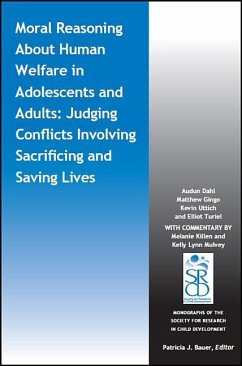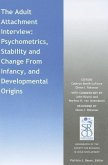The value of human life is a significant moral value for most people. Yet, past research has devoted little attention to the development of moral reasoning about the value of life. The present studies investigated how adolescents and adults reason about the value of life in the context of so-called trolley car situations. These situations, adopted from philosophy, involve the option of sacrificing the life of one person to save five others. Based on past developmental research, we expected that individuals would reason about distinct and sometimes conflicting considerations regarding the value of life. This approach contrasted with past research on adults' responses to trolley car situations, which has been taken to show that most moral evaluations are based not on reasoning but on affective, automatic reactions. In Study 1, 288 adolescents and adults were interviewed about trolley car situations designed to examine considerations like the value of human life and the relationship of those at risk with the actors. In Study 2, 144 college studens were interviewed to further examine the roles of those involved. Participants' justifications referred not only to the number of lives saved, but also to other considerations, such as intrinsic rights and personal responsibility for events. Moreover, responses indicated frequent conflicts about standard trolley car situations, counter to the argument that people's evaluations are automatic based soley on a counting of lives saved. The present findings indicated that adolescents and adults reason about, seek to coordinate, distinct moral considerations regarding the value of life.
Hinweis: Dieser Artikel kann nur an eine deutsche Lieferadresse ausgeliefert werden.
Hinweis: Dieser Artikel kann nur an eine deutsche Lieferadresse ausgeliefert werden.








